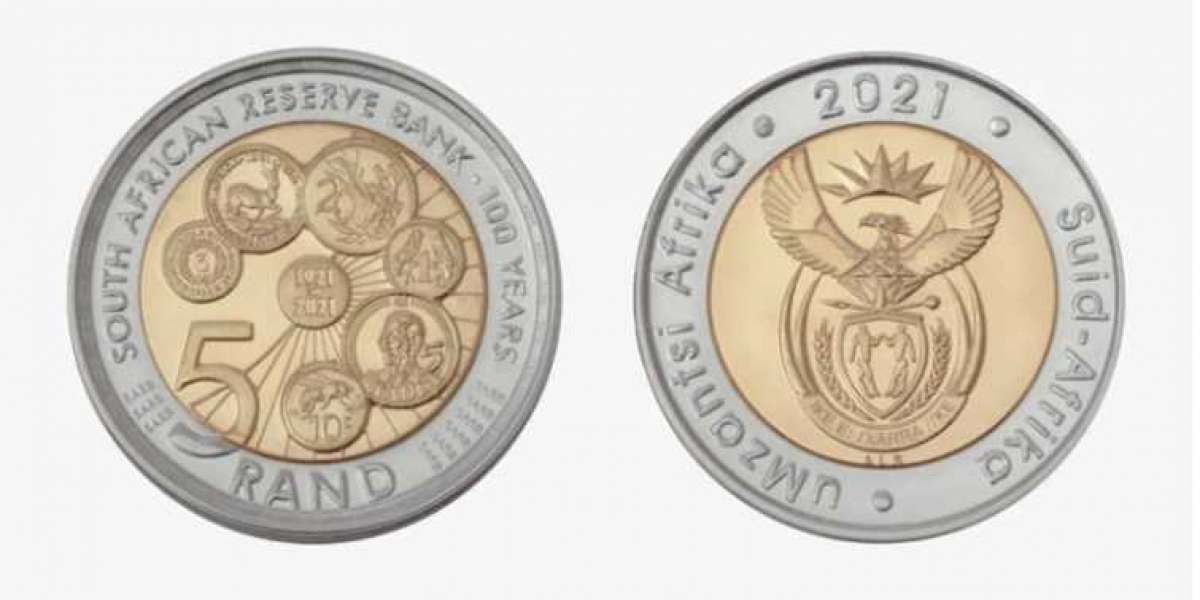The research compared driving behaviour data from thousands of motorists obtained through Dialdirect’s telematics app from 2019 to 2021. Overall, for every kilometre driven in 2021, motorists are 40% more likely to be in an accident than in 2019. One of the driving behaviours examined is speed, which remains a major contributing factor to most road accidents in South Africa. “The data revealed that during lockdown periods, the percentage of people who drove above the speed limit has almost doubled, with male drivers being the main culprits. We have also found that driving above the speed limit makes you 80% more likely to be involved in an accident,” said Anneli Retief, head of Dialdirect Insurance. Retief said that because fewer cars were on the road during the lockdown, motorists likely felt they had more ‘free rein’ to speed.
During the lockdown, the well-documented dangers of using a cell phone while driving were also ignored, Retief said. She said motorists were using their devices 50% more while driving than before lockdown, probably due to the surge of virtual meetings. Motorists under the age of 30 use their phones about twice as much as those older than 30. “Regardless of age, our data points to the chilling fact that those that use their phones while driving are twice more likely to be involved in an accident,” she said. It’s also apparent that South Africa’s lockdown curfew did not see motorists reducing their nighttime trips. “This is concerning because we have found that nighttime driving increases your chance of being involved in an accident by 60%,” said Retief.
Retief noted that due to shifting consumer needs and driving habits due to the pandemic, a significant number of motorists are expected to drive less in the future, making usage-based and pay-as-you-drive insurance a popular choice. “These changes also guided how we adapt our own telematics offering, to now benefit those who drive less or not at all,” she said “Advancements in telematics technology has allowed us to gather valuable insights into driver behaviour. This is a powerful way for us to enable our customers to correct bad driving habits, therefore making them safer on the roads and rewarding them for doing so.”








